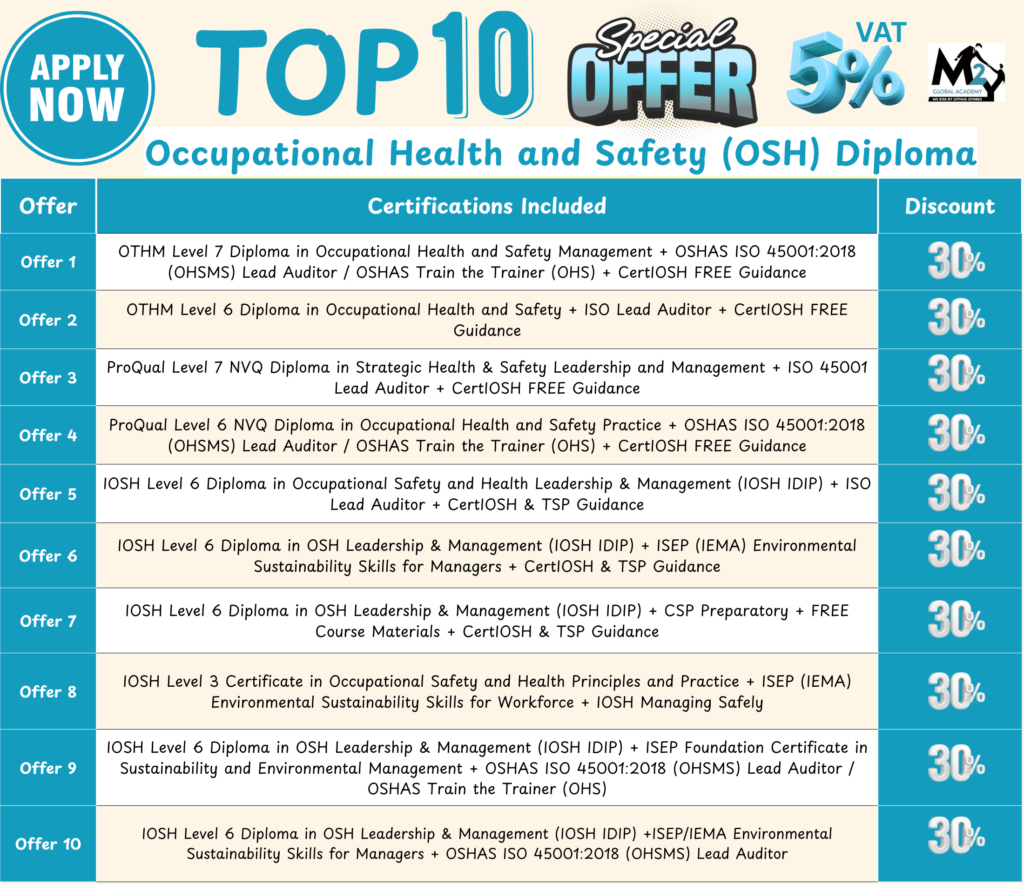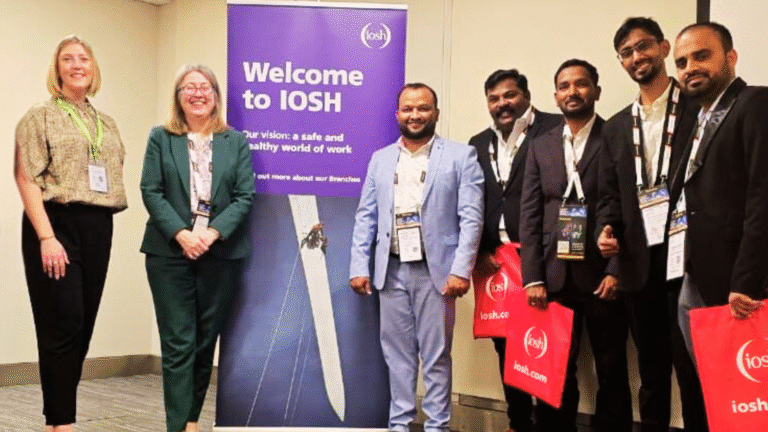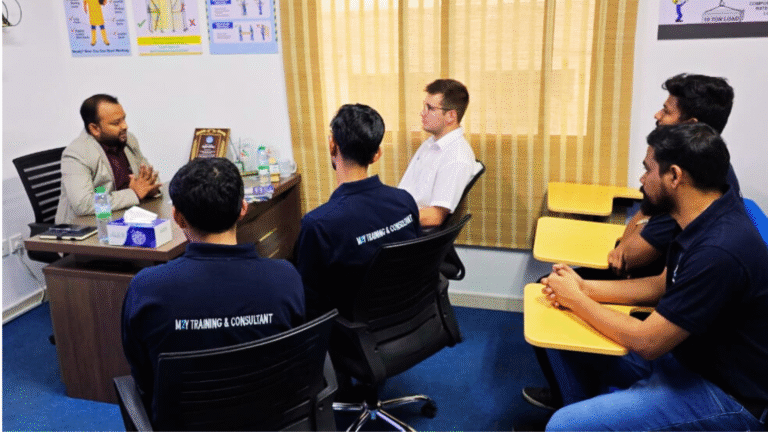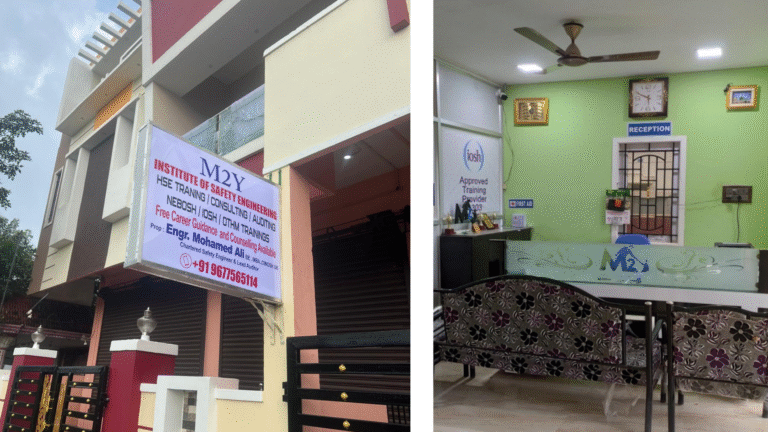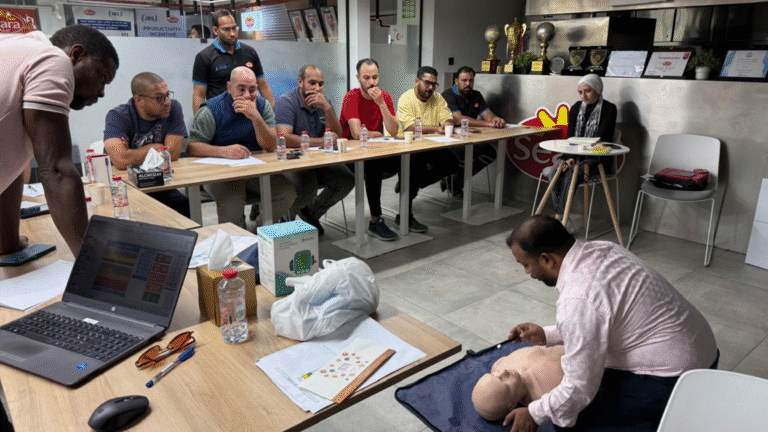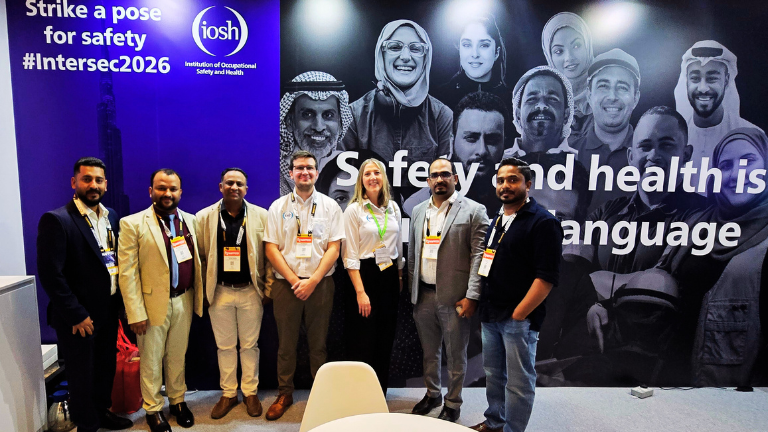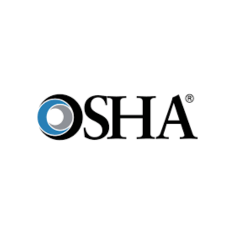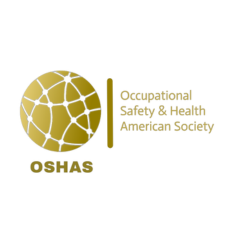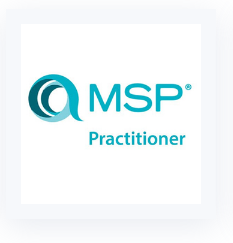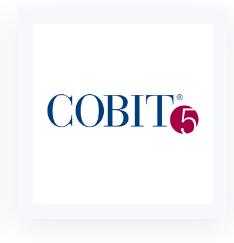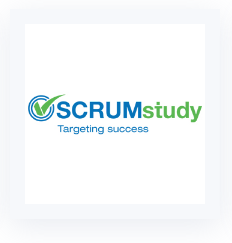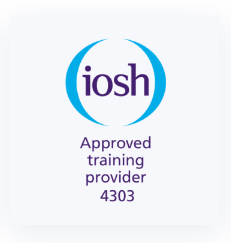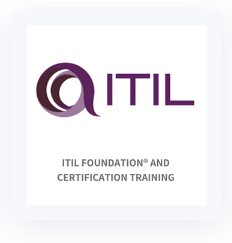ServSafe Certification
Are You in the Food Industry and Feeling Overwhelmed by Safety Regulations?
If you’re a restaurant worker, food handler, kitchen manager, or even a business owner in the food service industry, you’ve probably heard the phrase “ServSafe Certification” thrown around more times than you can count.
You may be wondering:
Do I really need it?
Will it actually help my career?
Is it difficult to pass?
We hear you. Navigating food safety laws, meeting compliance standards, and making sure your team is trained can feel overwhelming. Whether you’re new to the field or managing a busy restaurant, the last thing you want is to deal with foodborne illness complaints or health inspection failures.
That’s exactly why ServSafe Certification exists — and why it could be the career-boosting, risk-reducing solution you need right now.
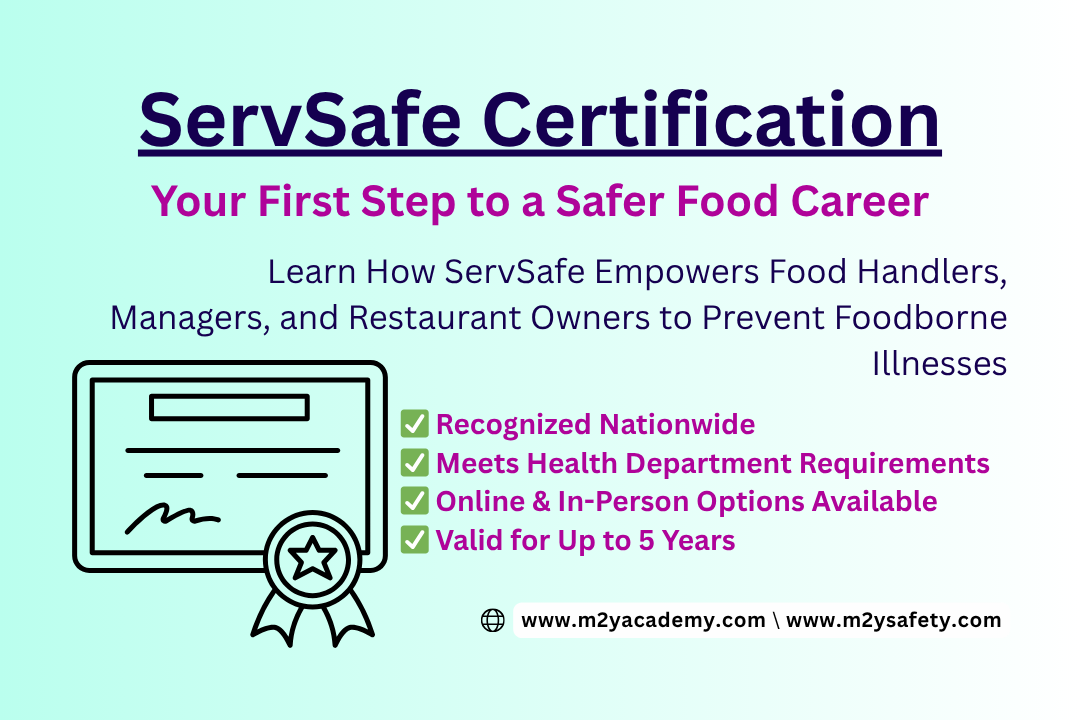
What Is ServSafe Certification, and Who Provides It?
ServSafe Certification is a widely recognized food safety training and certification program administered by the National Restaurant Association (NRA) in the United States. It’s designed to help food service professionals understand the best practices for handling, preparing, and storing food safely.
ServSafe offers several different certifications:
ServSafe Food Handler
ServSafe Manager
ServSafe Alcohol
ServSafe Allergens
ServSafe Workplace (focused on harassment prevention and workplace safety)
Each one targets specific job roles within the hospitality industry, from line cooks to general managers.
👉 According to the CDC, 1 in 6 Americans gets sick from foodborne illnesses every year. That’s nearly 48 million people. ServSafe helps prevent these numbers from growing by equipping food workers with the knowledge they need to keep food — and customers — safe.
Why Is ServSafe Certification Important in Today’s Food Industry?
Food safety isn’t optional. It’s a legal and ethical obligation — and more importantly, a reflection of your commitment to your customers’ well-being.
Here’s why ServSafe is not just another certificate:
✅ Legal Compliance
Many states and counties require at least one certified food protection manager (CFPM) to be present in food establishments. ServSafe Manager Certification often satisfies this requirement.
✅ Job Advancement
In a competitive market, having a nationally recognized certificate on your résumé sets you apart. Employers are more likely to hire or promote someone who’s already certified and trained.
✅ Operational Excellence
Certified employees are less likely to make critical food safety mistakes, leading to fewer violations during health inspections.
✅ Peace of Mind
Whether you’re serving burgers or fine dining, knowing your kitchen meets safety standards builds trust — both with customers and health inspectors.
🎓 What Are the Different ServSafe Certifications and Which One Do You Need?
Let’s break down each certification so you can decide what fits your current role or future goals.
1. ServSafe Food Handler
Best for: Entry-level staff (e.g., line cooks, prep cooks, servers)
Covers: Basic food safety, cleaning, hygiene, time & temperature
Duration: ~2-3 hours (includes course + assessment)
2. ServSafe Manager
Best for: Restaurant managers, kitchen supervisors, business owners
Covers: HACCP principles, foodborne pathogens, cleaning schedules, food storage, personal hygiene
Exam: Proctored exam required (online or in-person)
Validity: 5 years in most states
3. ServSafe Alcohol
Best for: Bartenders, servers, bar managers
Covers: Responsible alcohol service, checking ID, preventing over-service
4. ServSafe Allergens
Best for: All front- and back-of-house staff
Covers: Allergen cross-contact, communicating with allergic customers
5. ServSafe Workplace
Best for: Everyone
Focus: Preventing harassment, building respectful workplaces
💡 How to Get ServSafe Certified: A Step-by-Step Guide
Getting ServSafe certified isn’t as hard as you think. Here’s a straightforward process to follow:
Choose the right certification for your role (e.g., Manager vs. Food Handler).
Visit the official ServSafe website:
👉 https://www.servsafe.comRegister and purchase the course and exam.
Prices vary from $15 for Food Handler to $152+ for the Manager course with online exam.Study at your own pace.
You’ll get access to digital materials or textbooks depending on your package.Take the exam.
Some require a proctor, which can be scheduled online or in-person.Download and print your certificate after passing.
Most are valid for 3 to 5 years depending on local health codes.
Tips From Certified Food Professionals: What to Expect and How to Pass
We spoke with a few professionals who’ve taken the ServSafe exam — here’s what they had to say:
💬 “I was nervous about the Manager exam at first. But the practice tests helped a lot. Focus on time/temperature control and cross-contamination. It’s all about understanding the ‘why’ behind safety rules.” — James R., Kitchen Manager, Atlanta
💬 “Our entire staff had to get certified after a bad inspection. Honestly, it made us better. I recommend making it part of new hire onboarding.” — Michelle T., Restaurant Owner, Chicago
Here are some study tips:
Use official ServSafe practice tests and flashcards.
Watch video walkthroughs on YouTube for quick concept explanations.
Join Facebook groups or Reddit forums where food handlers discuss test prep.
Don’t cram. Study over a few days and review key points like HACCP, CCPs, and TCS foods.
🌐 Trusted Resources for ServSafe Certification
Here are some authoritative sources to support your learning and increase your EEAT (Experience, Expertise, Authoritativeness, and Trustworthiness):
National Restaurant Association – ServSafe (official provider)
If you’re from a different state or region, always check local laws, as some may require state-specific food handler training in addition to or instead of ServSafe.
Final Thoughts: Should You Get ServSafe Certified?
Absolutely — especially if you:
Work in any food service role
Plan to grow in hospitality or restaurant management
Want to protect your customers and your business
Need to fulfill local legal food safety requirements
ServSafe Certification is more than just a checkbox. It’s a career investment and a safeguard for the health of your customers. Plus, it shows your professional commitment — something every employer values.
Ready to Take the Next Step?
Here’s what you can do right now:
✅ Visit www.servsafe.com and explore courses.
✅ Speak to your employer about group discounts or on-site training.
✅ Bookmark helpful resources like FDA’s Food Code or CDC guidelines.












